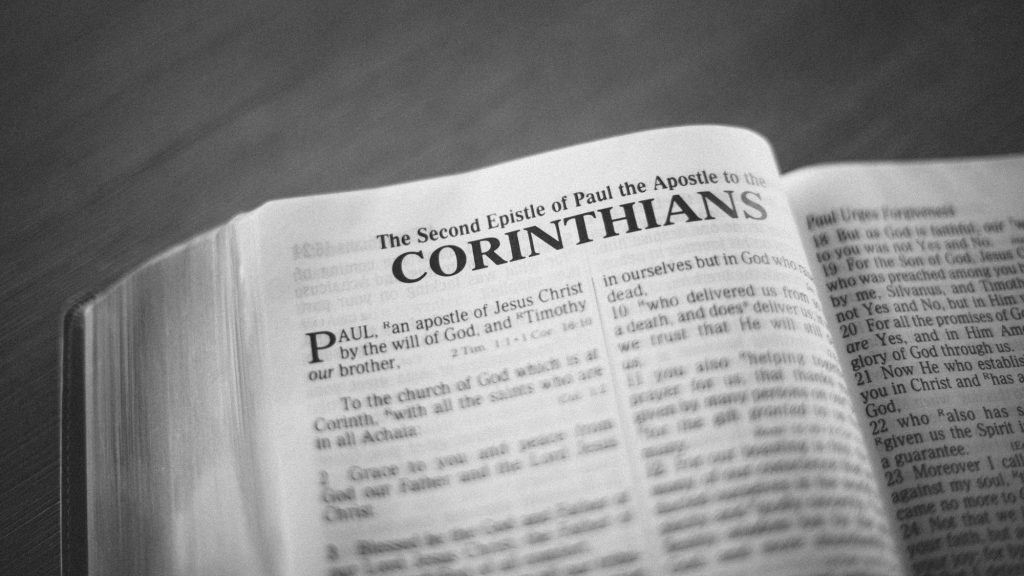
Then she called the name of the LORD who spoke to her, You-Are-the-God-Who-Sees; for she said, “Have I also here seen Him who sees me?” Genesis 16:13
I have hesitated to post the dozens of others who have suffered unjustly, not because I lack moral clarity on the issue but because first of all, I’m not sure the world needs my voice weighing in. I’m not an intellectual or a theologian. I’m not a social scientist or advocate. I’m pretty low-profile and introverted at that. Second, it is extremely easy to say things poorly and have those misunderstood. I would stop writing before I would wrongly offend or hurt someone with words.
Paul says in Colossians 4:6 “Let your speech always be with grace, seasoned with salt, that you may know how you ought to answer each one.” And in Ephesians 4:29, he says, “Do not let any unwholesome talk come out of your mouths, but only what is helpful for building others up according to their needs, that it may benefit those who listen.” Every post – but especially this one – is with those two admonitions firmly in mind.
You may remember the story of Hagar in Genesis 16. She was a slave who became pregnant with Abraham’s son as part of Sarah’s scheme to speed up the outworking of God’s plan. Then Hagar was mistreated and oppressed until it became unbearable and she fled into the desert. At a spring, she was met by the Angel of the Lord. As a result of the encounter, she recognized that God was the God Who Sees. El Roi.
Make no mistake, God sees oppression and mistreatment. He affirms this over and over.
- Genesis 4:10 And He said, “What have you done? The voice of your brother’s blood cries out to Me from the ground.
- Exodus 3:9 Now therefore, behold, the cry of the children of Israel has come to Me, and I have also seen the oppression with which the Egyptians oppress them.
- Exodus 22:23 If you afflict them in any way, and they cry at all to Me, I will surely hear their cry;
- Psalm 72:12 For He will deliver the needy when he cries, The poor also, and him who has no helper.
God has a heart for the poor, the marginalized, the oppressed, the minorities. If we are the people of God, if we want a heart like God, we must have a tender heart that breaks for the mistreatment of others. We must see because God sees.
However, I think before our hearts can break, we have to shine a penetrating holy light into its dark corners. You see, the unsettling thing about the story of Hagar is that the oppressor, Sarah, and the passive enabler, Abraham … were the people of God.
So what do we do?
The pagan king in Nineveh actually said it well. He called for fasting, for mourning, and for repentance. “Let neither man nor beast, herd nor flock, taste anything; do not let them eat, or drink water. But let man and beast be covered with sackcloth, and cry mightily to God; yes, let every one turn from his evil way and from the violence that is in his hands. (Jonah 3:7-8)
This is not a time for pushback and self-justification. Both of those are arrogant and self-righteous. It is a time for humility and brokenness before God for the suffering of innocent people and for the overt and hidden prejudices we hold.
Then as the people of God, we have to take action toward reconciliation. Lasting reconciliation is not going to be achieved apart from the gospel of Jesus Christ. Racial tensions are not new. Our culture is not the first to struggle with them. In New Testament times, one marked tension was between Jews and Gentiles. Paul explains how the gospel transform those tensions.
For He Himself is our peace, who has made both one, and has broken down the middle wall of separation, having abolished in His flesh the enmity, that is, the law of commandments contained in ordinances, so as to create in Himself one new man from the two, thus making peace, and that He might reconcile them both to God in one body through the cross, thereby putting to death the enmity. (Ephesians 2:14-16)
The middle wall, the commandments and ordinances all prevented Gentiles from having full access to God’s presence, from being full participants in the system of worship. The gospel blows that apart. We are all sinners before God in need of redemption and when He saves us, we become part of the same body. That should destroy any enmity between us.
Every day, we need the transforming power of the gospel to enable us to treat everyone with dignity, with compassion and with self-sacrificing love. That is a tall order. And in our own strength, it is impossible. But as we do that difficult work, lives will be changed (including ours) cultures will be changed, God will be glorified and the kingdom will advance.
When it comes right down to it, this is not optional.
Either way, Christ’s love controls us. Since we believe that Christ died for all, we also believe that we have all died to our old life. He died for everyone so that those who receive his new life will no longer live for themselves. Instead, they will live for Christ, who died and was raised for them. 2 Corinthians 5:14-15
May we be controlled by the love of Christ and live only for Him.
Read more:
When I Cry Out to God





